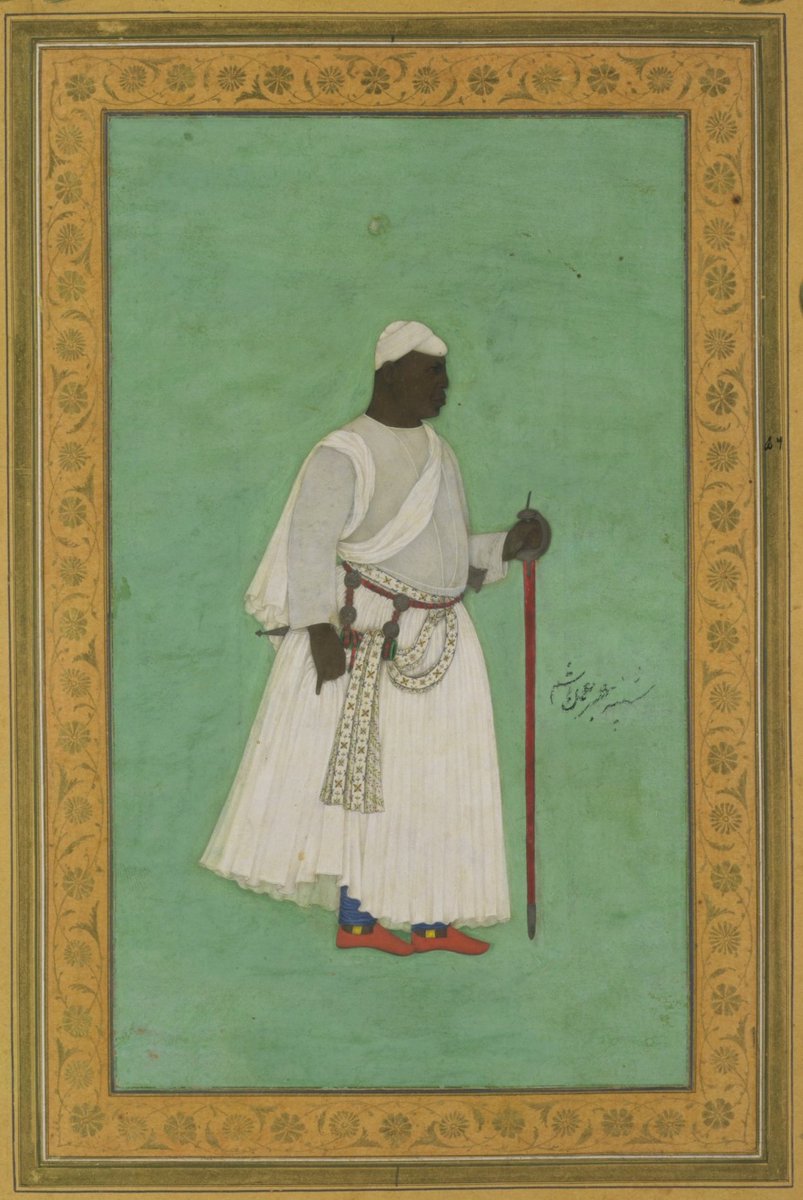#Hashimpura massacre in #Meerut, UP is among the most dreadful targeted killings of Muslims in independent India. It took place on this date, 22 May, 1987 during the 1987 Meerut communal #riots during March to June 1987 with a death toll of more than 350. 

Dreaded Provincial Armed Constabulary (PAC) rounded up 42 Muslim youth from #Hashimpura area of city, took them to outskirts and shot them in cold blood dumping their bodies in a canal. Had it not been chance survival of a youth, #HashimpuraMassacre wouldn't have been ever known. 

As ghastly massacre splashed in media, 19 PAC men became known to have done the #HashimpuraMassacre. It took 13 years for 16 of them to surrender in May 2000. They were readily released on bail. In 2002 the case was transferred to a Sessions Court at the Tis Hazari court, Delhi. 

Late Yamin, an ex corporator in Meerut who fought case in Meerut, High Court and then in Tis Hazari court told me in 2001 how it was a lonely fight. Top Muslim politicians claiming a lot did nothing and gave him no help. Local politician funded his expenses
#HashimpuraMassacre
#HashimpuraMassacre

In 2015, all 16 PAC men were acquitted by Tis Hazari Court citing to insufficient evidence. It said survivors could not recognize any of the accused PAC men. In 2018, Delhi High Court convicted all 16 n sentenced them to life imprisonment.
#HashimpuraMassacre
#HashimpuraMassacre
In 2015, UP Govt announced compensation of Rs. 5 lakh to family of each victim, a pittance compared to Sikh massacre of 1984. In 2018, 78-year-old retired police officer Ranvir Vishnoi produced police general diary as critical evidence which led to conviction of the 16 PAC men.
In 2001 as a young journo I did a 3 part story for Milli Gazette and met survivors and relatives of impacted people
#HashimpuraMassacre
milligazette.com/Archives/01022…
milligazette.com/Archives/01022…
milligazette.com/Archives/01032…
#HashimpuraMassacre
milligazette.com/Archives/01022…
milligazette.com/Archives/01022…
milligazette.com/Archives/01032…

Vibhuti Narayan says:
It was around 10:30 at night when I heard about incident. It was not untill I reached Hindon Canal in Makanpur Village, along with district magistrate n other officials, that I realized had become a witness to India's most shameful and horrendous incident.
It was around 10:30 at night when I heard about incident. It was not untill I reached Hindon Canal in Makanpur Village, along with district magistrate n other officials, that I realized had become a witness to India's most shameful and horrendous incident.

Please retweet this threat widely as it needs to reach wider audience.
• • •
Missing some Tweet in this thread? You can try to
force a refresh




















